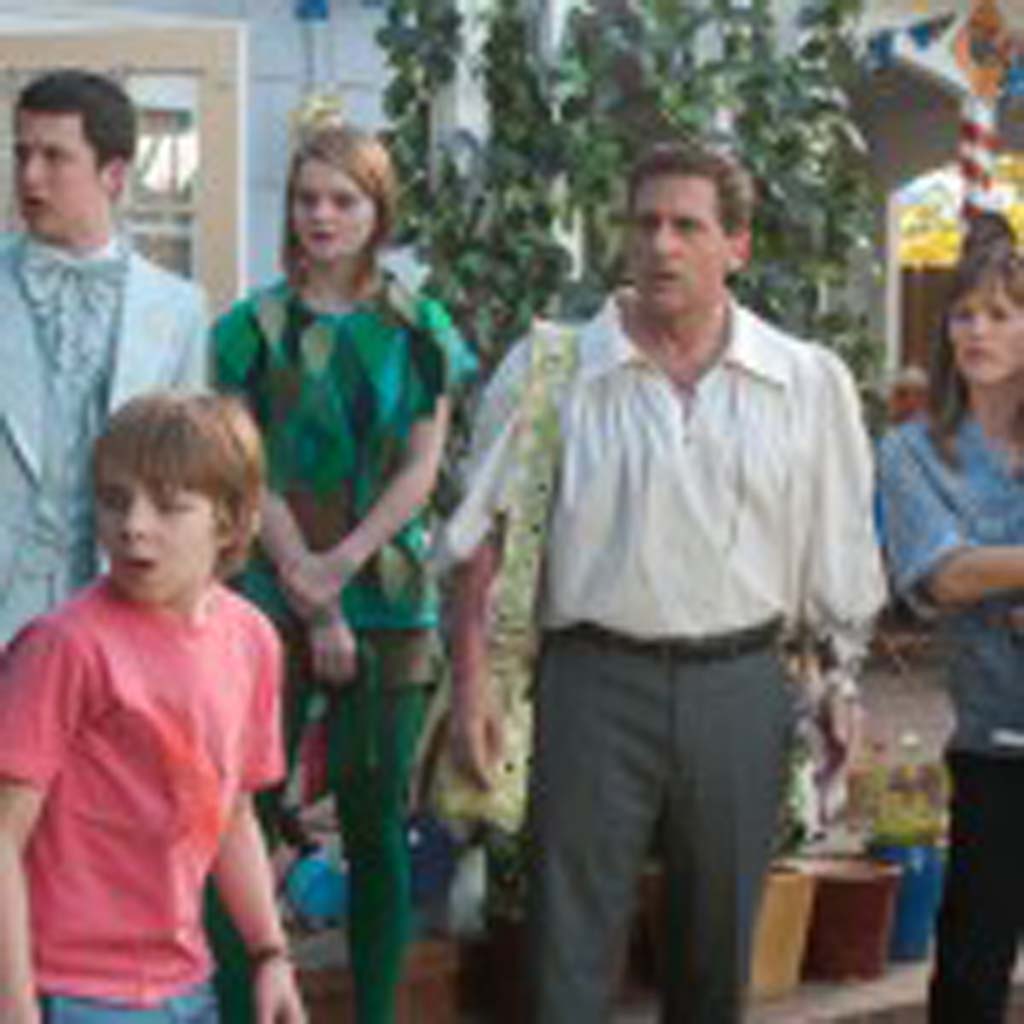Ray LaMontagne wasn’t intentionally changing his sound when he set about making his latest album “Supernova.” He was just working in service of the songs.
“I take every song on its own and try to make it as strong as it can be from a songwriters perspective,” he said. “For this record, I wanted to focus on certain kinds of song and writing specifically for that…That means you spend a lot of time picking songs that were good, to try to get a certain feel and cohesion.
“I just wanted to try to focus on a record that would be really cohesive from start to finish in its song colors, songs that fit well together more so than I have in the past.”
Those songs colors are sunny Laurel Canyon meets ‘60s Brit pop psychedelic, a notable departure from the folk-rock crooning that has turned LaMontagne into something of a reluctant star.
The shift, he says, reflects his feelings while the songs were being written and recorded. But it doesn’t mark a change in his musical approach.
“It’s the same as everything else,” he said. “I just love songs. If it’s a good song, I’m down for it. If it’s Pink Floyd or Hank Williams, if it’s a good song, it’s a good song.”
But those good songs, at least from LaMontagne, are far from autobiographical. There are those who have interpreted the “Supernova” songs as reflections of a “happy Ray,” who has recovered from the burn out andnear depression that set in from two years of touring behind his 2011 album “God Willin’ and the Creek Don’t Rise” and had him considering quitting music altogether. That’s not the case, he said.
Even though “Supernova” is full of references to California, LaMontagne doesn’t live there. Nor are his songs about love gone wrong, relationships in ruins and domestic strife about his life. He and wife, Sarah Sousa, who was his high school sweetheart, are happily married with a pair of teenage sons.
“That’s been something I’ve been saying from the beginning,” LaMontagne said. ”I keep telling them year in and year out, it’s only bits and pieces, little bits and pieces that can be taken back to me. I don’t know where the stuff comes from. They’re a mystery to me.”
Writing melodies is the easy part for LaMontagne.
“Melodies come into my head 24 hours a day,” he said. “Lyrics, that’s a more focused practice that’s a short amount of time. When a melody starts to form, that’s when the lyrics start. That can be a very complicated process, writing and editing at the same time. That’s really about getting into some kind of a head space, allowing yourself to write it as it feels right.”
Once the songs are written, then they have to be recorded. For “Supernova,” LaMontagne hooked up with Dan Auerbach of The Black Keys.
He’d contacted Auerbach get some advice on an engineer with plans to make the record at home. That query led to LaMontagne going to
Nashville to record at Auerbach’s studio there.
Auerbach brought in the players needed to create the hazy, joyous sounds and then LaMontagne added his vocals, which, again, are a departure from the soulful crooning of his previous releases.
“I think of my voice as an instrument,” he said. “If I need to belt it
out, I do it. If I need to be soft, I do it. If I need falsetto, I do it. In the beginning, everybody called me a soul singer or Van Morrison — all that was b.s. I never saw myself as a soul singer ever.”
LaMontagne, who has been very self-critical over the course of his
career, is happy with “Supernova.”
“I would say 98 percent of it is done that way (well), for me personally,” he said. “Had I had another three, four weeks to work on, I would have been able to get 100 percent, to my satisfaction. I think I could get closer to what I wanted.”
LaMontagne has put together a new band to take the “Supernova” songs on the road and has worked in songs from throughout his career into his set.
LaMontagne, 40, now has five albums behind him, a contemporary folk Grammy for “God Willin’ & the Creek Don’t Rise” and a strong following that lets him tour as long as he likes.
“I feel like at this point in my life, I’ll have a career for as long as I want it,” he said. “If I want to stop, I’ll do that. If I want to do it for the next 15, 20 years, I can. I think that’s a pretty good place to be after 15 years of hard work. It feels great. But it hasn’t been without a lot of hard work. But it’s been a worthwhile thing to do.”


